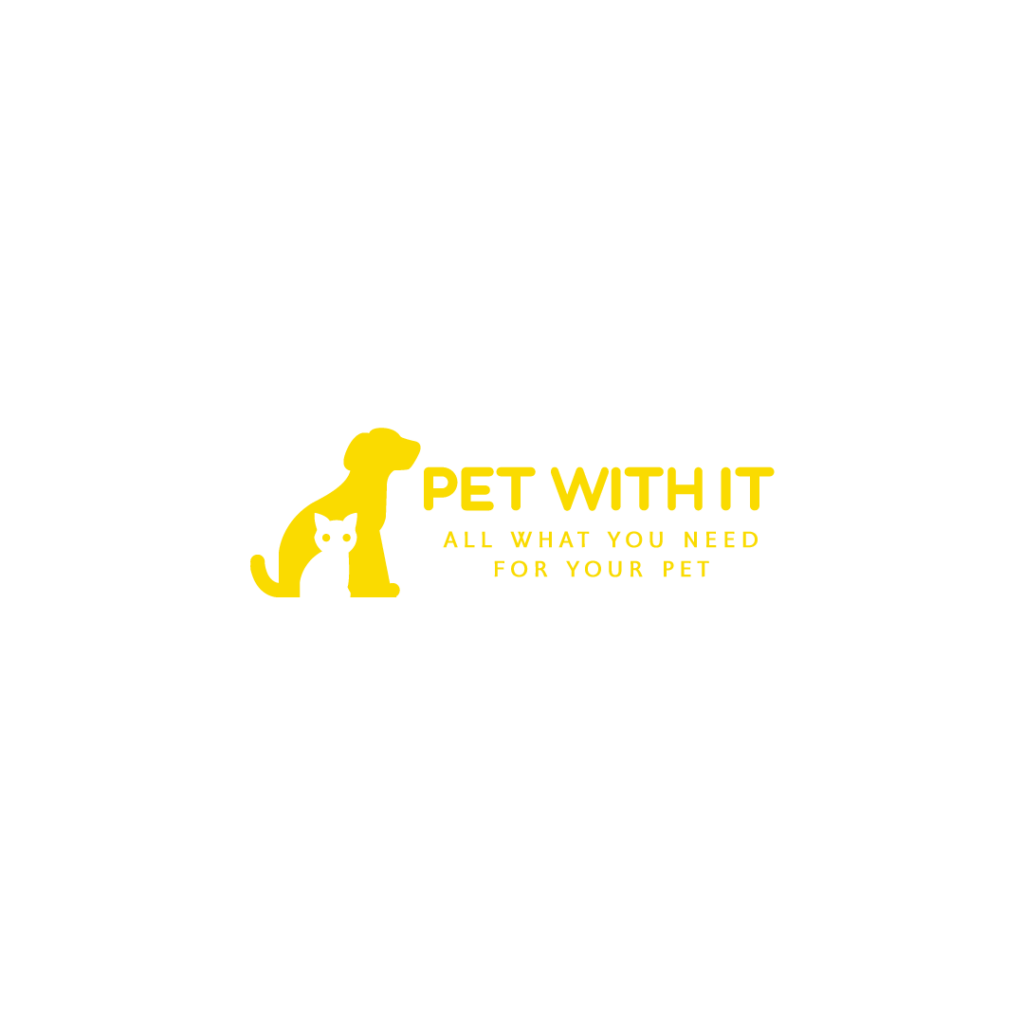Eating Guide for Your Dog

One of the most common confusions for dog parents is what their dog can eat while what it cannot. How much easier would it be if there was a list of foods safe for your doggo and some that are unsafe?
Well, say no more. This is the guide that you have been looking for. Let’s take a look at a few of the foods that are safe for your pup while some that are not so safe.

Some Foods Your Dog Can Eat
- Peanut butter: Make sure you are choosing a natural peanut butter that doesn’t contain xylitol. Don’t give too much at once since it’s high-calorie.
- Eggs: Plain eggs are a great source of protein and omega fatty acids. Remember, no seasoning or added ingredients.
- Cheese: Generally, cheese is safe for dogs (if they aren’t allergic to dairy) but since it has a high fat content, you need to limit its consumption.
- Yogurt: Plain yogurt is safe for dogs, as long as they aren’t sensitive to dairy.
- Meat, poultry, fish: Trim off any fat and remove skin and bones before giving these to your dog. Plain, lean protein is great for dogs, without added seasoning.
- Potatoes and sweet potatoes: Potatoes contain vitamin A and fiber. Make sure your dog only eats cooked potatoes, since raw potatoes can contain higher levels of solanine which can be toxic.
Just because food is safe, doesn’t mean you can give them excessively. Remember, a balanced diet.

Some Foods Your Dog Cannot Eat
- Chocolate: Chocolate contains caffeine and methylxanthines which can cause seizures and irregular heart function. Even a small amount can cause severe vomiting and diarrhea.
- Nuts: Some nuts are worse than others. While peanuts are safe in butter form without added sugar, almonds can cause digestive issues. Macadamia nuts can cause tremors, vomiting, etc. Hazelnuts can be a choking hazard. The high potassium content in cashews may cause urinary conditions. Walnuts pose a chance of mold contamination.
- Ice cream: The added sugars, flavorings, and other ingredients are a big no for dogs.
- Cold cuts: Cold cuts and deli meats are often highly processed and also contain a lot of fat and salt, which isn’t great for your dog.
- Xylitol: Xylitol is extremely toxic to dogs, even in small amounts. When dogs consume xylitol, it causes their body to quickly produce a lot of insulin, which can lead to dangerous hypoglycemia.
- Salt: Consuming too much salt can lead to water deprivation or salt poisoning. When large amounts are eaten salt can cause vomiting, diarrhea, depression, tremors, fever, and seizures.
Your vet can always guide you better about your dog’s diet depending on their breed, age, etc. However, the above-mentioned foods are some of the most commonly involved foods when it comes to feeding a dog. Now you know which of the everyday things your dog can consume, and which may be unsafe for them.
No matter how adorably your pup asks you for some of your ice cream, hold your ground, and don’t give in. Maybe give them an alternate treat so you don’t feel bad about those puppy eyes.
For more dog health tips, follow us on Instagram @petwithit
